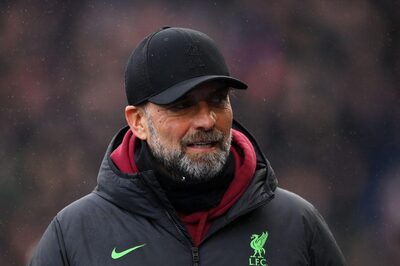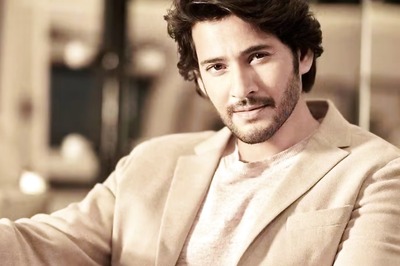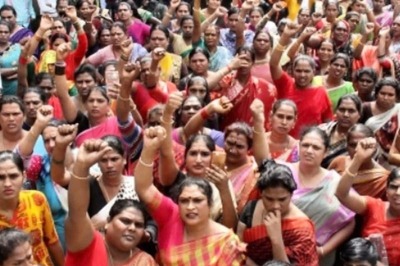
views
After Athens where the Olympics went back to its roots the Games head in 2008 for the first time to China, the only great power as yet to host the event and one which should play an increasingly important role in them.
The Games have taken place in Asia twice before, in 1964 in Tokyo and in 1988 in Seoul. But with China's awakening on the global stage the setting for the XXIXth Olympiad is a logical geopolitical choice.
Since returning to the Olympic fold in 1984 China has been increasing in strength and at Athens came second only to the traditionally powerful United States. But with only three gold medals separating the two in Greece (35 gold to China's 32) the hosts for 2008 can dream of outright victory this time round.
James Connolly of the US won the first ever Olympic gold medal of the modern Games for his victory in the triple jump on April 6 1896 in Athens after a 15 century interval. But now the Games have left the 'stone age' and entered an era of globalisation where marketing and television dollars carry most of the power.
In 1896 around 250-300 athletes from 14 nations took part with just 43 gold medals up for grabs.
In 2004 there were more than 10,000 athletes from 200 countries with some 300 gold medals and the French baron Pierre de Coubertin would hardly have imagined such an expansion when he set about re-establishing the event over a century ago.
The show goes on
With two world wars, a bloody hostage drama, a bomb, the Cold War, apartheid, an anti-segregation demonstration on the podium, three successive boycotts, two Germanys, two Koreas, and the USSR-Russia-CIS, not to mention a doping scandal and corruption allegations in the century since the Games started, they have known strain and tension, but yet continue to thrive.
This all goes to show the depth of popular support the Games enjoy, a popularity often exploited to promote or attack a political phenomenon of course but nothing exists in a vacuum.
The Los Angeles Games of 1984 marked a huge turning point for the competition, as American marketing know how made them a potential financial goldmine.
With a careful approach a city can rebuild its infrastructure into the bargain at a modern Olympics whereas pre-1984 they had been costly to stage.
The IOC own the television rights to the Olympics, which were worth some 1.5 billion euros for Sydney 2000, a figure which speaks for itself.
The greats
Some sports have disappeared from the programme and others introduced to take their place as the Games attempt to adapt to the times and cultural norms of the day.
Tug-of-war and live pigeon shooting ended up in the Olympic trash can, as have swimming's 200m obstacle race and the standing start high jump.
In their place spectators can now enjoy judo, synchronised swimming, taekwondo and trampolining amongst the vast programme that the modern Olympics now boasts.
But whatever the sports, one of the great emotional attractions of an Olympic Games is to see a hero emerge: the Scandinavian middle distance runner Paavo Nurmi, Berlin's quadruple gold medallist Jesse Owens or the media friendly sprinter Carl Lewis.
There has also been Mark Spitz and Dawn Fraser in swimming or Larissa Latynina and the unforgettable Nadia Comaneci in gymnastics.
The International Olympic Committee has a new president in Jacques Rogge, who will be overseeing his second Summer Games at Beijing.
He, like the rest of us, will be hoping to witness another fine chapter in Olympic history when the Chinese Games are declared open for the 26th of the modern era.

















Comments
0 comment